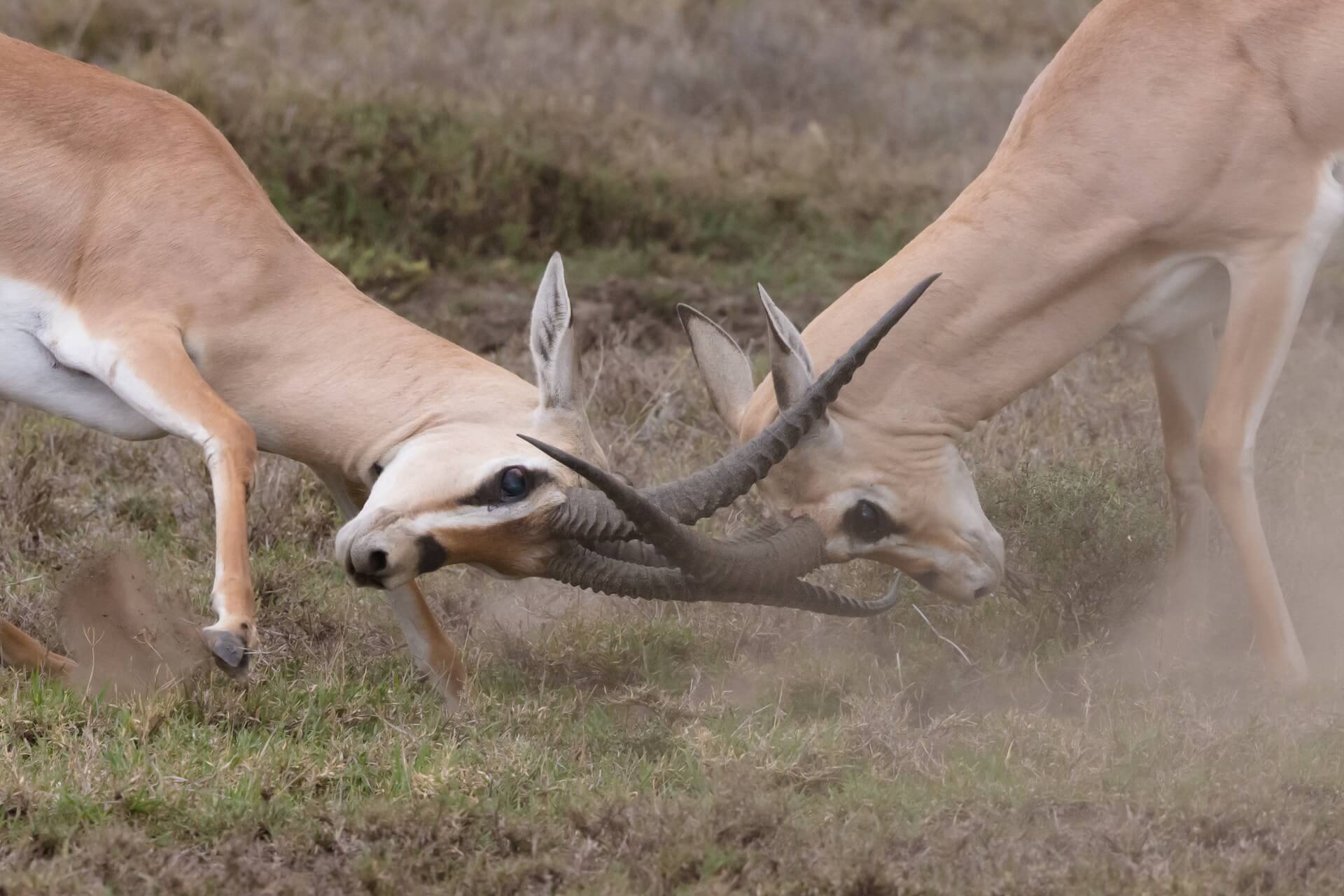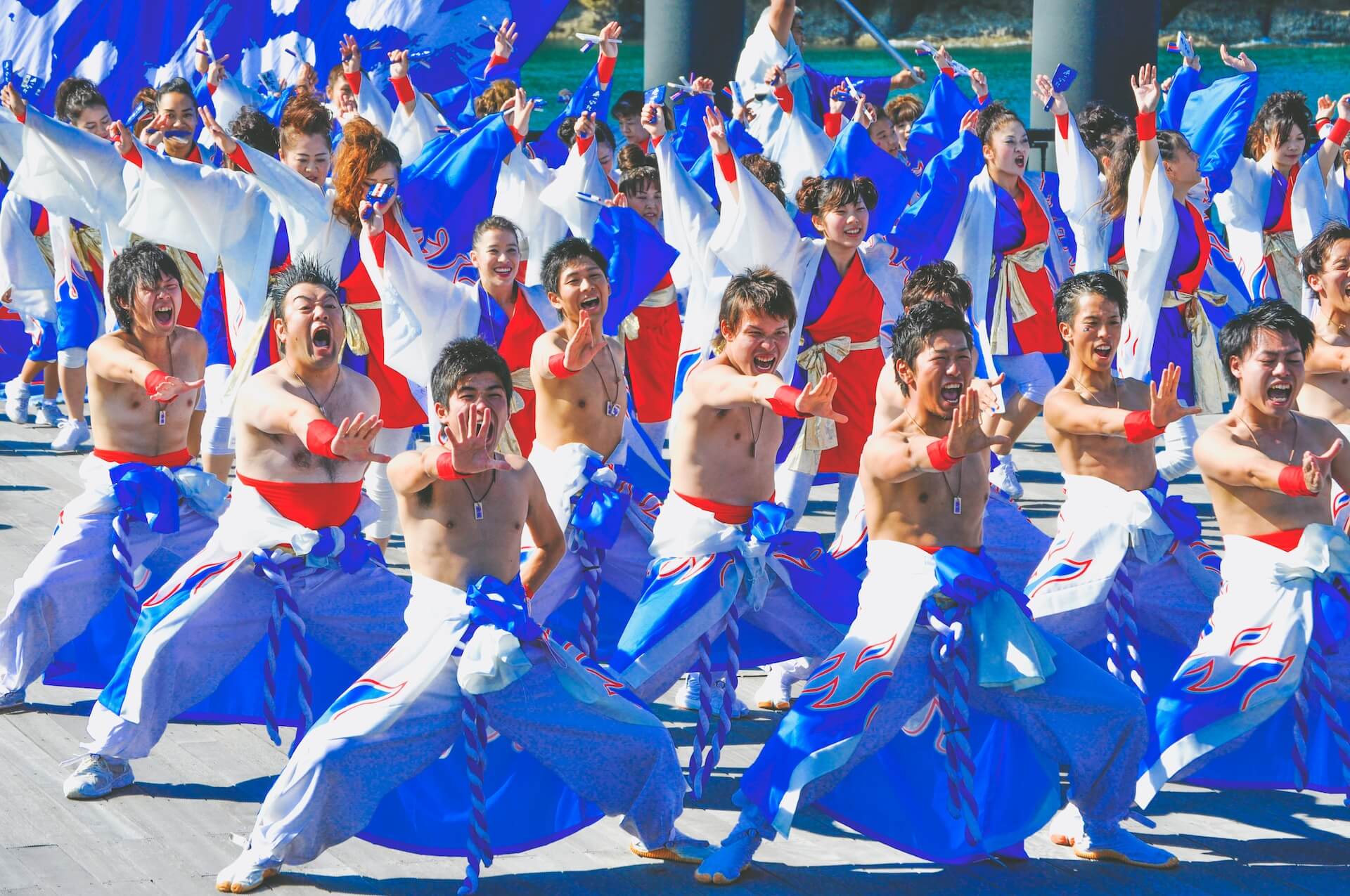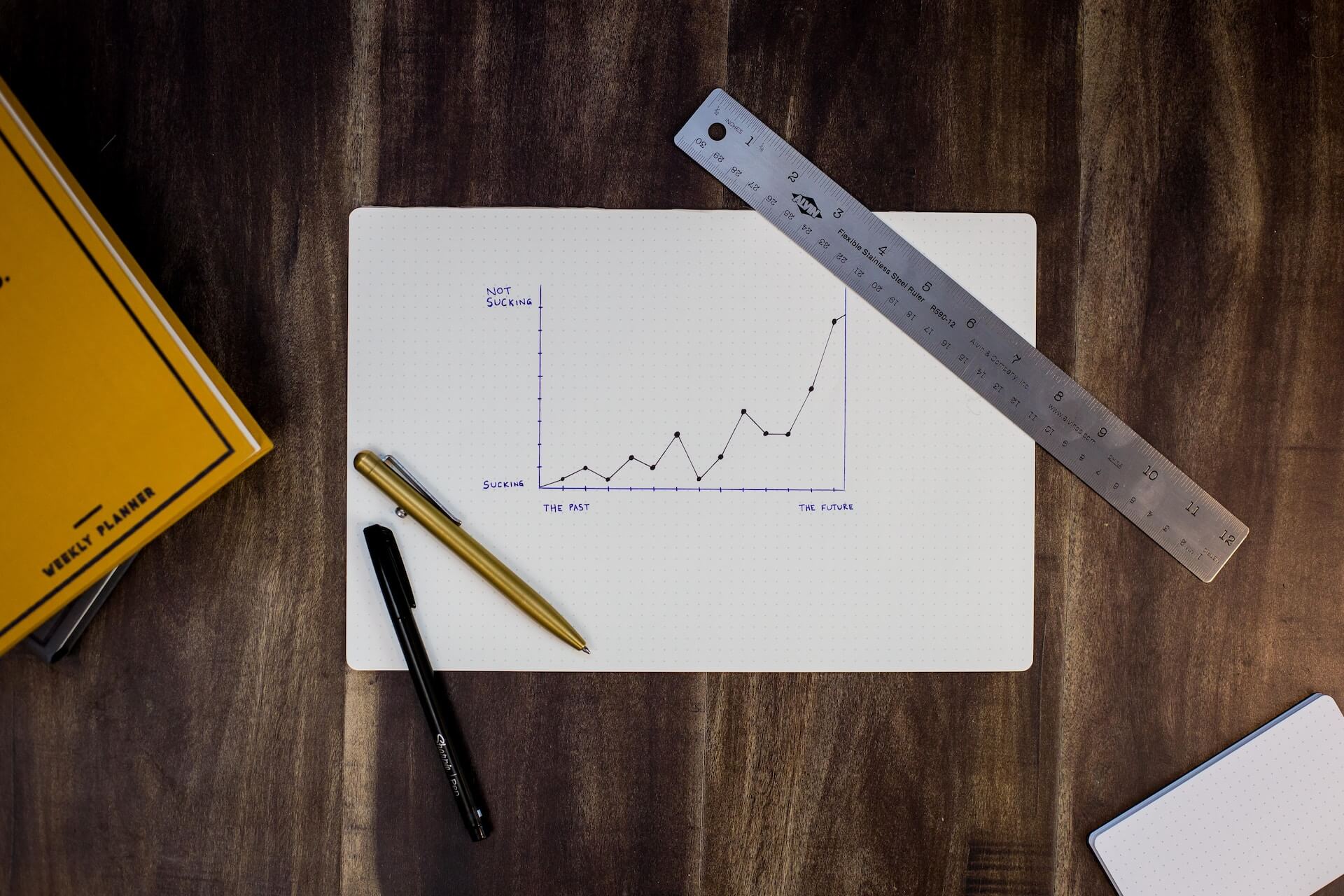
Photo by Irene Dávila on Unsplash
Aujourd’hui, à 19:00, va démarrer la première promotion d’un Programme de Développement Personnel de 3 mois chez Soat.
En tant qu’Agilistes, nous parlons souvent d’individus et d’interactions. Notre travail, se situant d’ailleurs souvent au niveau de l’équipe, nous amène à créer un cadre propice à de meilleures interactions. Mais qu’en est-il des individus ?
Comment mon individualité peut-elle contribuer au collectif ? Comment puis-je être plus efficace dans mes interactions ? Comment puis-je gérer les conflits ?
Co-construit avec Caroline Charpentier, Georges Rizk et Patrick Manoukian, ce programme, surnommé « PDP », est un accompagnement modulaire basé sur l’Ennéagramme ayant pour but d’aider les participants à mieux se connaître, mieux comprendre les autres et interagir de manière plus efficace.
Je décrirai dans cet article les origines et les intentions de ce PDP ainsi que ce qui attend les participants !
Bonne lecture 😉
Note : Cette expérimentation correspond au module « Maitrise Personnelle » de l’Agile Rocket.
Pourquoi un PDP ?
On entend aujourd’hui beaucoup parler du « Bonheur au Travail », notion avec laquelle j’ai aujourd’hui quelques problèmes.
Le bonheur ?

Le larousse définit le bonheur comme :
Un état de complète satisfaction, de plénitude.
Ces critères de satisfaction et de plénitude sont subjectifs, personnels et mouvants selon la période de notre vie.
Il n’existe donc pas « un » bonheur mais probablement autant de visions du bonheur qu’il y a d’individus.
L’une n’étant pas meilleure qu’une autre, mais simplement la sienne, à un instant t.
Au travail ?

Pourquoi devrions-nous réduire cela au monde du travail ?
La société d’aujourd’hui changeant si vite, est-il toujours pertinent de vouloir séparer notre vie professionnelle de notre vie personnelle ? Cela en vaut-il la peine ?
Lorsque vous avez des soucis à la maison, arrivez-vous à les laisser à la porte en arrivant au bureau et inversement ? Personnellement, je n’y arrive pas. Tout simplement car je me considère comme un tout, peu importe le lieu ou le cadre dans lequel je suis.
Pourquoi en serait-il autrement pour notre bonheur ? Ne pourrions-nous pas être heureux au travail ET à la maison ?
Programme de Développement Personnel ?

Ainsi, malgré tout le respect que j’ai pour les personnes qui oeuvrent pour le bonheur au travail, je me suis demandé si l’on ne pouvait pas faire plus que d’installer des baby-foots et proposer des séances de yoga ou de massage. Je caricature bien sûr. 😛
Ma conviction est que :
Prendre soin des personnes,
c’est leur permettre de se relier à eux-mêmes et aux autres
afin d’exprimer leur propre potentiel.
Tout cela car nous sommes à la fois tous pareil, et tous différents.
De là m’est venue l’idée du PDP :
Un accompagnement structuré en thématiques
permettant aux participants de mieux se connaître
et de voir le monde autrement
afin d’atteindre leur propre définition du bonheur
aussi bien au travail qu’à la maison.
Un challenge ambitieux n’est-ce pas ? Mais après tout, qui ne tente rien n’a rien ! 😉
Comment ?
Démarche

La mise en oeuvre du PDP s’est fortement inspirée de la démarche Agile Rocket : modulaire, progressive et respectueuse.
- Modulaire : les participants suivront un ensemble de modules thématiques spécifiques qui seront leur base de travail pour les quelques semaines suivantes. Considérant que l’apprentissage nécessite un laps de temps incompressible, chaque module est séparé de 3 à 4 semaines du suivant pour permettre à chacun(e) de conscientiser, expérimenter et observer.
- Progressive : chaque module aura un lien avec le précédent afin de garantir de nouvelles perspectives tout en gardant une continuité dans l’apprentissage des participants.
- Respectueuse : il n’y a pas de résultat typique attendu car chaque participant(e) est différent(e), que ce soit sur son point de départ, son cheminement personnel ou son point d’arrivée. L’idée étant de l’accompagner au mieux possible dans son voyage, dans le respect de son unicité propre.
Tous pareils et tous différents

Cette phrase en a peut-être choqué certains mais c’est véritablement l’objet du PDP : découvrir en quoi nous nous ressemblons et en quoi nous nous différencions les uns des autres, en quoi nos objectifs peuvent être similaires tout en étant différents !
L’intention est de faire évoluer notre perception de nous-mêmes et du monde qui nous entoure.
Pour ce faire, les participants bénéficieront de moments collectifs (les fameux modules) dans lesquels ils pourront échanger autour d’une thématique et de moments individuels où ils pourront partager en toute confidentialité leurs impressions, découvertes et problématiques propres.
Et concrètement ?

Aujourd’hui, une vingtaine de personnes (de Soat et quelques invité(e)s) forment cette première promotion, dont les profils sont assez divers : Coach, Scrum Master, Développeur, RH, Assistante Administrative, Product Owner, DAF. Les échanges en temps collectif en seront d’autant plus riches ! 🙂
Le socle théorique reposera sur l’Ennéagramme, un modèle extrêmement puissant décrivant 9 grands types de personnalité.
J’aurais l’honneur d’être accompagné dans l’animation par Caroline Charpentier, Georges Rizk et Patrick Manoukian. D’autres invités surprises viendront agrémenter les différents modules de leurs expériences et leurs témoignages.
Le programme actuel est celui-ci :
- 16/04 : Les bases de l’Ennéagramme.
- Découverte de la structure d’une personnalité et des 9 Ennéatypes
- Identification de ses automatismes limitants
- Appréhender les différents filtres d’attention propre à chacun des profils
- 17/05 : À la découverte de nos instincts
- Comprendre l’impact de nos instincts sur notre personnalité
- 11/06 : Les sous-types
- Comprendre l’impact de la dimension instinctive sur les 9 Ennéatypes
- Approfondir la connaissance du modèle
- 28/06 : La communication
- Appréhender les modes de communication les plus adaptés entre Ennéatypes
- Identifier les styles de communication propre à chaque profil
N’hésitez pas à suivre l’avancée du programme et des participants sur Twitter et à nous contacter si l’aventure vous intéresse ! 🙂






